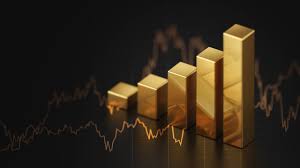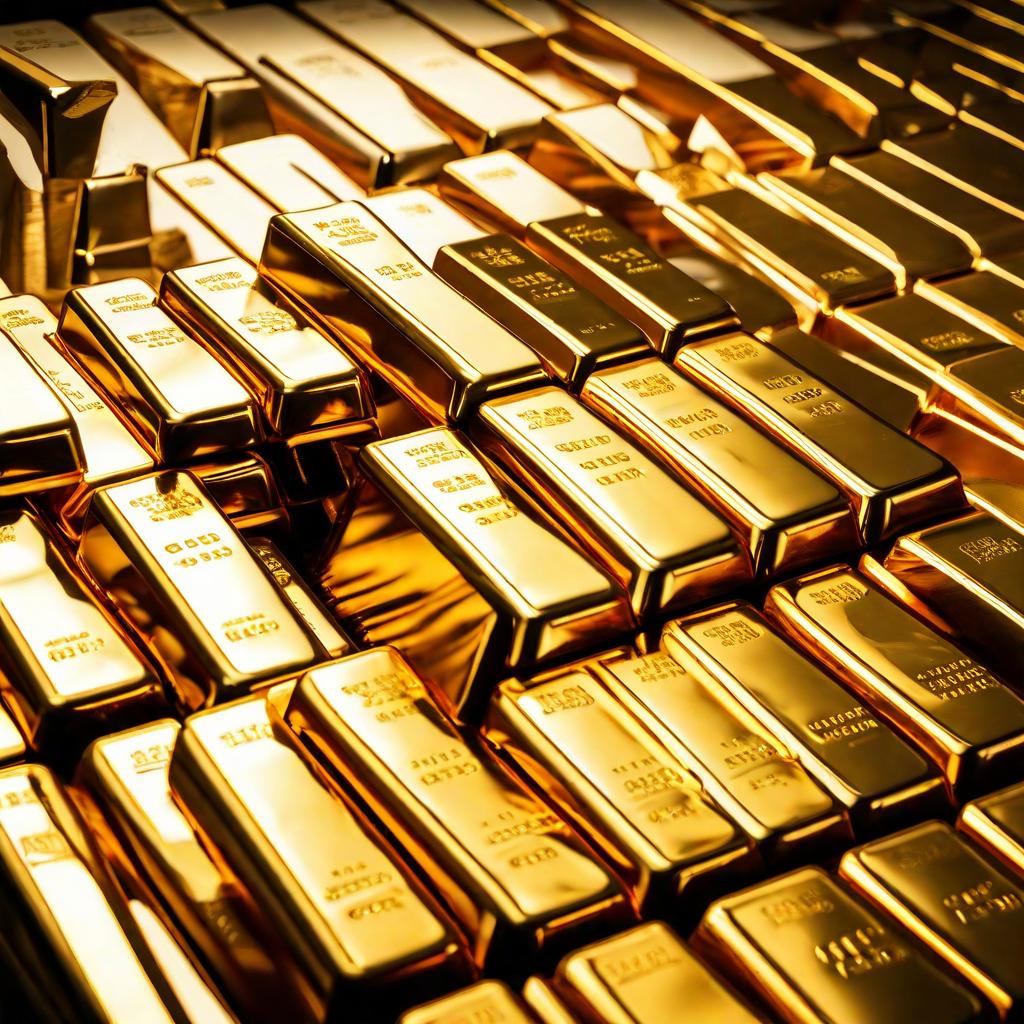Unlocking the Mysteries of Gold per Kilogram: Insights, Trends & Strategies
In the realm of precious metals, the price of gold per kilogram holds immense importance for investors and traders worldwide. Understanding the factors influencing its price dynamics, analyzing historical trends, and devising effective investment strategies are crucial for navigating the complex landscape of gold markets.
I. Introduction
A. Definition of gold per kg

The term “gold per kilogram” refers to the current market value of one kilogram of gold. It serves as a benchmark for investors and traders, reflecting the demand and supply dynamics of this precious metal.
B. Significance of tracking gold prices per kilogram
Tracking gold prices per kilogram is vital for investors seeking to make informed decisions regarding buying, selling, or holding gold-based assets. It provides valuable insights into economic trends, geopolitical developments, and market sentiment.
C. Overview of factors influencing gold prices
Several factors influence gold prices per kilogram, including economic indicators such as inflation rates and interest rates, geopolitical events, market sentiment, and supply and demand dynamics.
II. Factors Affecting Gold Prices per Kilogram
A. Economic indicators
Economic data releases, such as GDP growth and unemployment rates, can impact investor sentiment and influence gold prices per kilogram.
B. Geopolitical events
Geopolitical tensions, conflicts, and diplomatic developments can drive investors towards safe-haven assets like gold, leading to increases in its price per kilogram.
C. Market sentiment
Investor perception of risk, market volatility, and speculative trading activity play a significant role in determining short-term fluctuations in gold prices per kilogram.
D. Supply and demand dynamics
Changes in demand for gold, particularly from industries like jewelry and technology, as well as fluctuations in gold production, can affect its price per kilogram in the long term.
III. Historical Analysis of Gold Prices per Kilogram
A. Major events impacting gold prices
Historical events such as economic crises, geopolitical tensions, and changes in monetary policy have historically influenced gold prices per kilogram.
B. Long-term trends and patterns
Despite short-term fluctuations, gold has demonstrated long-term appreciation, making it an attractive investment option for many.
C. Short-term fluctuations
Factors like market speculation, currency movements, and geopolitical tensions can lead to short-term volatility in gold prices per kilogram.
IV. Factors Influencing Gold Price per Kilogram Today
A. Current economic conditions
Global economic indicators such as GDP growth, inflation rates, and central bank policies can impact gold prices per kilogram today.
B. Global geopolitical landscape
Geopolitical tensions, trade disputes, and diplomatic developments can influence investor sentiment and drive demand for safe-haven assets like gold per kilogram.
C. Recent market sentiment
Investor sentiment, market speculation, and trading activity also influence gold prices per kilogram today, sometimes leading to sharp fluctuations in prices.
V. Strategies for Investing in Gold per Kilogram
A. Long-term investment strategies
Investors looking for stability and long-term growth may consider allocating a portion of their portfolio to gold per kilogram as a hedge against economic uncertainty and inflation.
B. Short-term trading strategies
Traders capitalize on short-term fluctuations in gold prices per kilogram through techniques such as day trading and swing trading, utilizing technical analysis tools and market indicators.
C. Diversification considerations
Diversifying investment portfolios with assets like gold per kilogram can help mitigate risk and improve overall portfolio performance, particularly during times of market volatility.
VI. Conclusion
Understanding the intricacies of gold per kilogram price fluctuations and implementing effective investment strategies are essential for investors seeking to capitalize on opportunities and protect their wealth in the ever-changing gold market landscape.
VII. FAQs
A. How is the price of gold per kilogram determined?
The price of gold per kilogram is determined by various factors, including global demand and supply dynamics, economic indicators, investor sentiment, and market speculation.
B. What role does inflation play in gold prices per kilogram?
Gold is often viewed as a hedge against inflation, as its value tends to increase during periods of rising prices and currency devaluation.
C. Is it better to invest in physical gold or gold ETFs?
The choice between investing in physical gold or gold ETFs depends on individual preferences, risk tolerance, and investment objectives. Physical gold offers tangible ownership, while gold ETFs provide liquidity and ease of trading.
D. What are the risks associated with investing in gold per kilogram?
Risks associated with investing in gold per kilogram include price volatility, geopolitical instability, regulatory changes, and currency fluctuations.
E. How can individuals track the price of gold per kilogram in real-time?
Individuals can track the price of gold per kilogram in real-time through financial news websites, dedicated trading platforms, and mobile applications that provide live price updates and market analysis.
PLEASE CONTACT US TO START YOUR GOLD INVESTMENT JOURNEY! CLICK HERE!!

